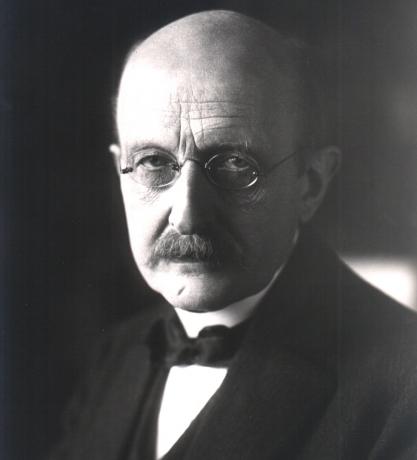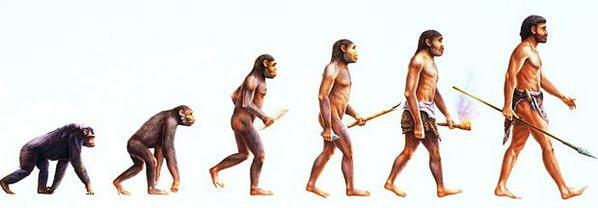What is Quantum Physics? Quantum Physics is a line of study in physics that seeks to study and analyze the smaller components that make up a matter, especially microscopic particles, the same size or smaller than the atom, such as protons, electrons, neutrons and photons.
These atomic and subatomic particles are not amenable to study from the perspective of classical physics (Newtonian) and its theories, such as the law of inertia, action and reaction and the law of gravity.
This is because quantum physics is not considered “intuitive”, having been called for many years a “false theory”. The idea of inauthenticity is linked to the fact that all things are believed to be true, even if data shows otherwise.
Index
- Emergence of Quantum Physics
- Top names in Quantum Physics
- Quantum Physics: Philosophical Thought and Spirituality
- Quantum Physics Today
Emergence of Quantum Physics

The record of the first studies on quantum mechanics shows that it emerged in the early years of the 20th century. Its creator and main mentor, Max Planck, sought to explain issues unresolved by classical physics, especially with regard to the analysis of microparticles.
Planck is also responsible for creating the formula that bears his name, called "Planck's constant”, represented in the writing (E = h.v).
At the same time, Albert Einstein gained notoriety for the creation of the Theory of Relativity, which explained the physical functioning of massive and high-speed particles, established by the relationship between space and time.
In fact, it was Einstein himself who named Planck's theory, initially calling it quantum, which in Latin means quantity.
The lexical meaning of the word "quantum" comes from the idea regarding the physical quantization event, which basically consists of changing from minimum to maximum the energy levels of the electrons if they are overheated.
Top names in Quantum Physics
In addition to Plunck, the current of quantum theory has been studied by other physicists, the most notable being:
- Free Online Inclusive Education Course
- Free Online Toy Library and Learning Course
- Free Online Math Games Course in Early Childhood Education
- Free Online Pedagogical Cultural Workshops Course
- Werner Heisenberg (1901–1976)
- Louis de Broglie (1892–1987)
- Niels Bohr (1885–1962)
- Erwin Schrödinger (1887–1961)
- Max Born (1882–1970)
- John von Neumann (1903–1957)
- Richard Feynman (1918–1988)
- Wolfgang Pauli (1900–1958)
Of fundamental importance for the understanding of the matters of the universe, the quantum theory gave rise to the numerous concepts that became the basis for other lines of study, influenced even some branches of the chemistry. We can cite nuclear physics, atomic physics and quantum chemistry as some of these examples.
Quantum Physics: Philosophical Thought and Spirituality
Another perspective studied in the field of quantum physics is based on areas of human knowledge, especially when using thought from philosophical currents to support some of their theories.
This relationship can be explained through uncertainties about quantum principles, such as the fact that a subatomic body coexists simultaneously at the same time, in opposite situations.
The duality view came about when it was realized that a microparticle can also adopt a waveform, and vice versa. For example, electrons, commonly seen as particles, can also act as a wave.
Therefore, the Parallel Worlds Theory, associated with the discovery of dark matter, gains strength, saying that it is possible to have another alternative reality for each individual in the universe.
Louis de Broglie fostered this concept, calling it Principle of Particle-Wave Duality.
Another important point to mention is the link between quantum physics and spirituality. For some scholars, the power of human thought would be able to influence the individual's reality, being even capable of modifying the world around him. Human consciousness would have the role of constructor of reality.
Quantum Physics Today
It is known that the field of quantum physics reaches microscopic levels when it comes to the scale of atoms and matter. Particles and waves are all around us, present in everyday life, even though we cannot see them with the naked eye.
Modern computers are a clear example of using quantum physics. Materials like the silicon they are part of a good part of the chips that store and transmit data and information.
Another significant example is connecting and sharing the Internet signal through cables made of optical fiber. It is through them that light pulses, which are produced by diode lasers, travel thousands and thousands of kilometers and carry the signal everywhere.
See too: Photons and Light
The password has been sent to your email.


